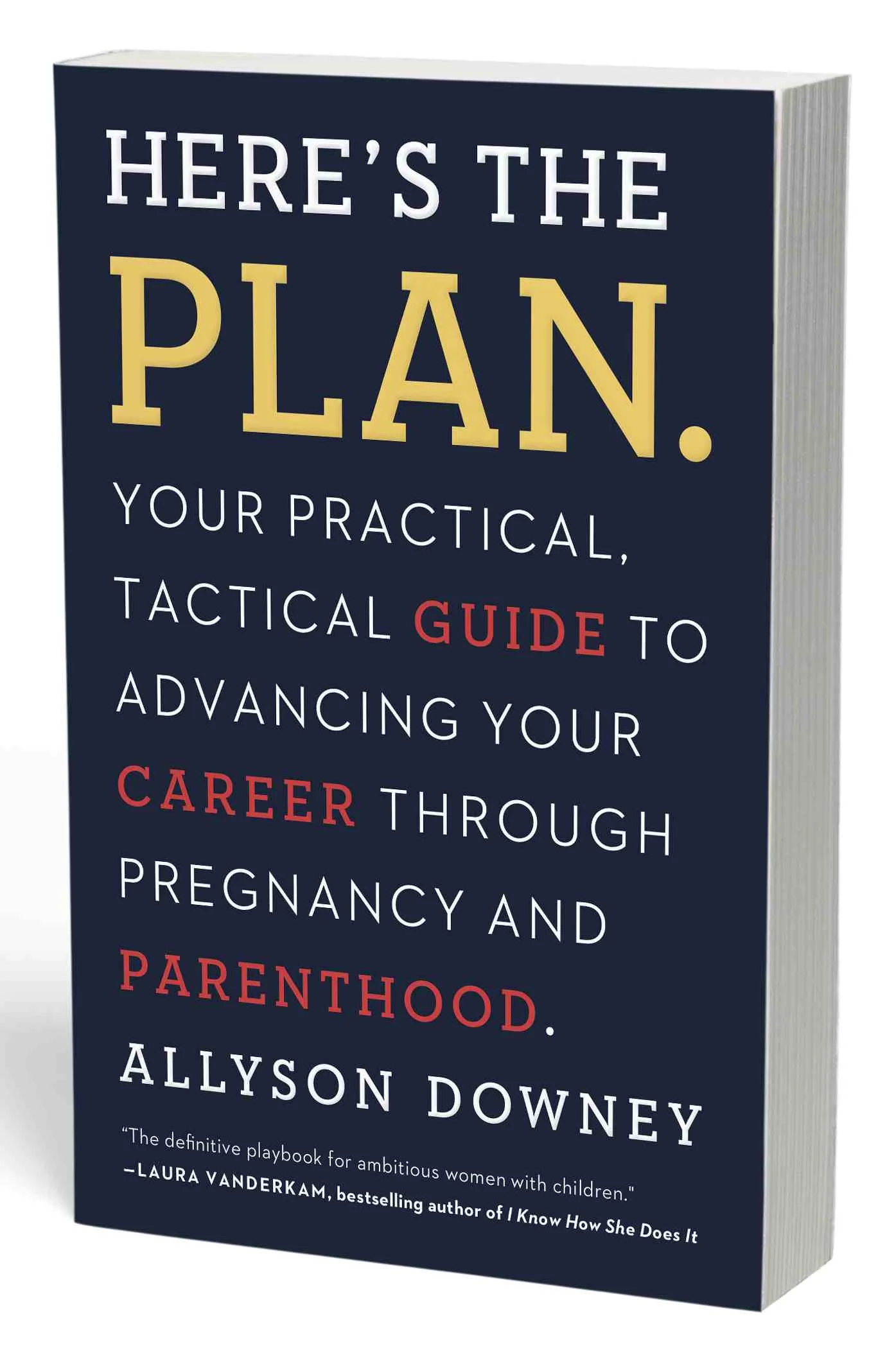Interviewing an Au Pair
Put simply, Skype interviews are awkward and hard. Depending on where the au pair is, the connection might have a lag or be fuzzy, so nuances like body language and facial expressions don’t come across. There’s less of an opportunity for chatty banter when you’re not interviewing someone in person, so it’s also harder to set her at ease – or be at ease yourself.
The only good thing about Skype interviews is that you can have notes in front of you, and you can use a script of questions to guide your conversation in a way that might feel stilted when interviewing a sitter or nanny in your living room.
Much like any professional interview you’re conducting, talking with an appealing candidate is also an opportunity to sell her on why you would be a great employer. Tell her about your experience with other cultures (one couple told me that made sure to voice that they’d both spent significant time abroad, so understood) the challenges of being far from home), why you think an au pair would be a great fit for your family, and what you liked about her profile.
If someone is a contender, you’ll want to interview her more than once, so breaking up your questions into tiers (first stage and second stage) can help those second round conversations go more smoothly. It’s worth noting that with some agencies, when you’re interviewing an au pair, she’s exclusively on hold for your family and can’t be scheduled for an interview by anyone else. This exclusivity is a time-saver for you: you don’t have to worry that you’re going to interview someone who isn’t actually available. According to Julie Dye from Cultural Care Au Pair, it also allows families to portray their most authentic selves. If you have an au pair that you like and know she’s concurrently talking to five other families, you don’t have to “compete” for her by selling her on your family (and associated perks) versus someone else’s.
Don’t be swayed by someone who seems sweet and lovely; most of the au pairs that you talk to will come across that way (and genuinely are that way). If they weren’t, they wouldn’t be pursuing this type of job: they’d go live at a ski resort. Instead, try and assess whether someone feels right for your family: is she take-charge? Relaxed? Is she someone who really wants to integrate into her host family, or does she like to do things on her own?
You can find a comprehensive list of questions to ask any potential caregiver here, but here are a few that are specific to an au pair:
- Why do you want to be an au pair?
“I love children,” “I want to be exposed to another culture,” and “I want to improve my English” are all good answers. “I want to travel” is not a good answer: some au pair candidates have romantic ideas about backpacking around the U.S., or jet setting with your family off to exotic vacation spots. Expect her to have a prepared answer, and dig deeper: what about caring for children does she like? What’s appealing to her about living in the U.S.?
- Tell us about your family. Do your parents work?
One friend told me that she was looking for someone who was middle-class with a family that was reasonably comfortable; she didn’t want her au pair to have the hopes of a dozen family members pinned on her success in the U.S. Another thing to listen for here: whether the au pair’s mother worked. An au pair agency employee told me that au pairs with professional mothers tended to be more independent.
- Have you ever been away from home before?
One mother advocated ensuring an au pair has spent at least three months away from her family. “Homesickness is a real threat,” she explained. An au pair coordinator told me she seeks out candidates who’ve previously studied abroad; not only does it signal adventurousness and openness to other cultures, but it demonstrates that she’s capable of being on her own far from home.
- Can you expand on the experience with children that you outlined in your application?
Au pair candidates will generally list all time they’ve ever spent with a child as experience, even if they weren’t the adult in charge. If it’s important to you that your au pair is an experience childcare provider, ask questions about how often she was alone with the baby or child and what her relationship was like with the parents.
- Can you walk us through what you would do with our children over the course of a day, starting with breakfast?
Many au pairs have limited experience alone with young children; they may have spent time with younger brothers or sisters (or nieces or nephews) but likely don’t have an appreciation for how boring it can be to be along with a baby all day. You want to assess that she really understand what the job will be.
I’ve heard from some parents that they look at birth order as an indicator of whether an au pair will be equipped for the job; it’s another generalization, but the oldest of five children whose helped her parents with her siblings her whole life has very applicable experience. One mother told me, “We ‘failed fast’ with a girl who was the youngest daughter and very much the baby of the family. Despite killer academic credentials, she could barely tie her own shoes.”

